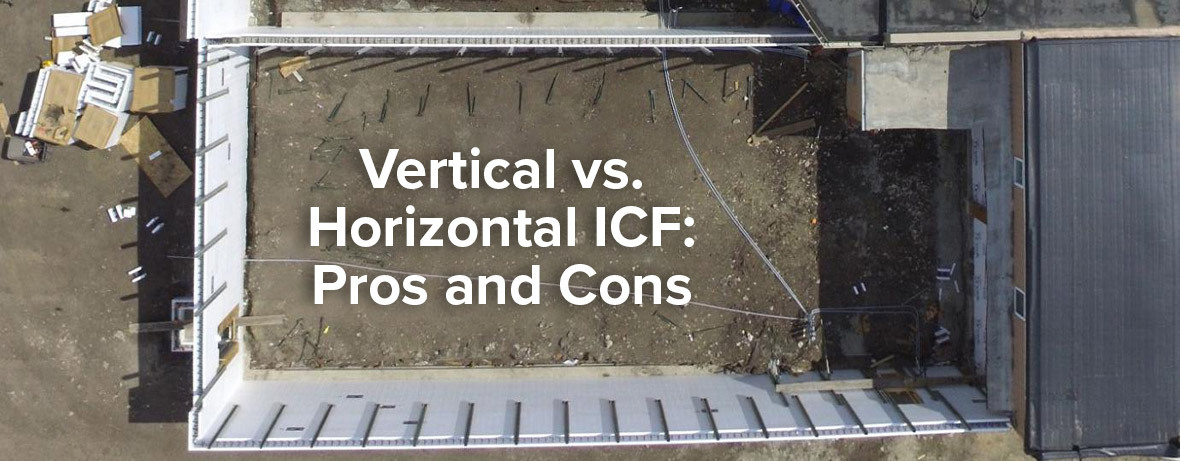Have You Heard? We're Expanding ICF Production to Alaska!
Fox Blocks is expanding manufacturing and ICF production to Anchorage, Alaska, by partnering with Insulfoam Manufacturing Facility.
ICFs and Severe Weather
The steel reinforced concrete, which can cure stronger than normal concrete because of the foam insulation, can withstand winds of over 200 MPH, and projectile debris traveling over 100 MPH. There are dozens of eye witness examples of ICF homes taking EF5 tornadoes head on with the walls still standing.

How to Insulate Block Walls for Optimal Thermal Efficiency
Want to improve thermal efficiency? Learn how to insulate block walls effectively with the best methods and materials for energy-saving results!

What is the R-Value of Concrete? How to Maximize Wall Insulation with ICFs

7 Things to Know About Basement Insulation Code
For building code basement insulation, there are 7 important things to know.

Effective Strategies to Insulate Block Walls
Improving the insulation of block walls significantly enhances energy efficiency, comfort, and durability in both residential and commercial spaces. Block walls, often made of concrete masonry units (CMUs), are sturdy but notoriously poor at retaining heat without proper insulation.

Structural Insulated Panels (SIPs) Vs. Insulated Concrete Forms (ICFs)

Vertical vs. Horizontal ICF: Pros and Cons
Both vertical and horizontal ICFs construction create moisture- and disaster-resistant walls with excellent R‑values. But which is the better ICF wall?

What is the Cost to Build an ICF Pool?

Innovations in Exterior Wall Construction: What You Need to Know
For generations, the construction of exterior walls has followed traditional practices that have primarily involved wood or steel framing. These methods have been the backbone of residential and light commercial construction, by providing shelter, stability, and a certain level of insulation.